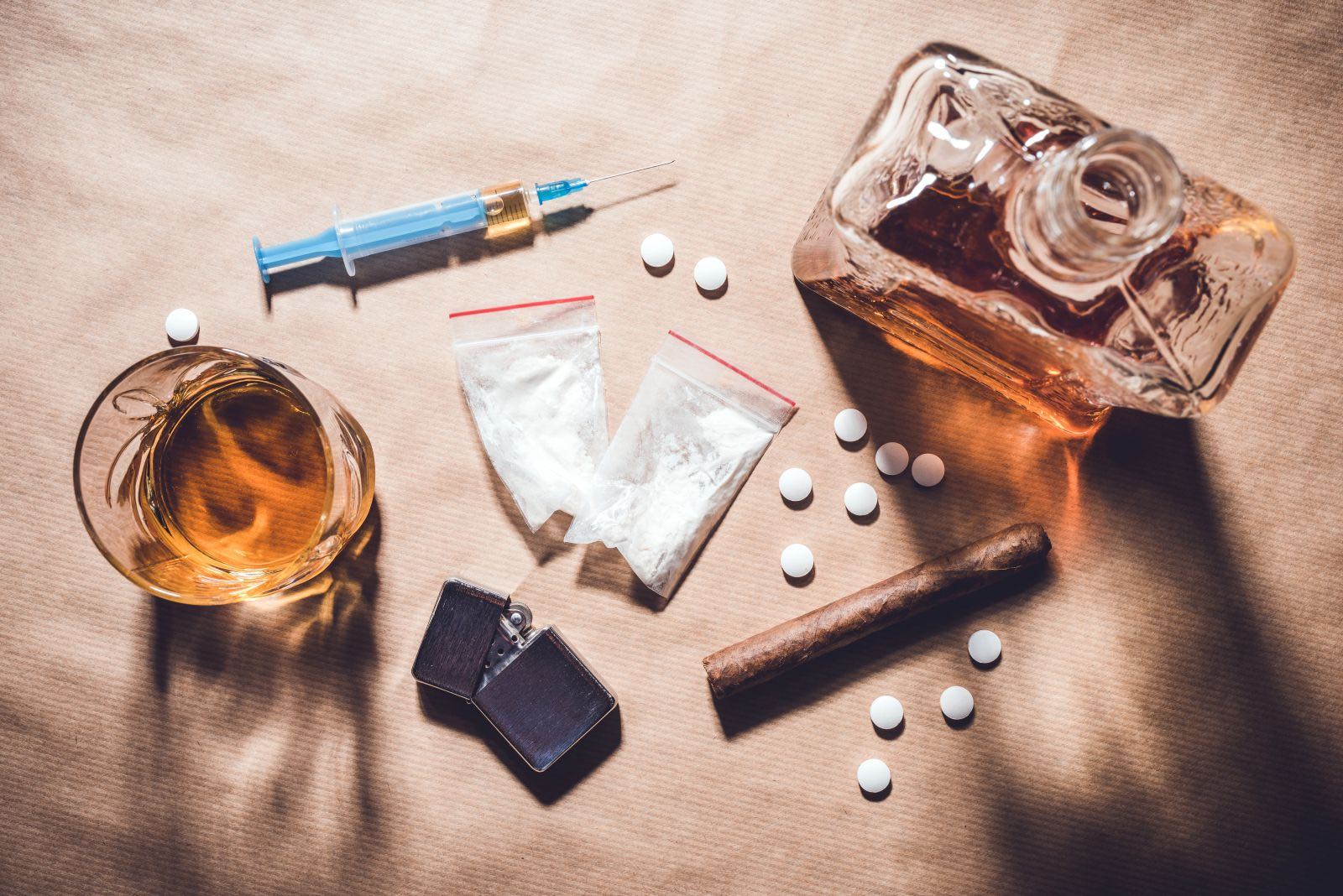
How does Ibogaine help Addiction and Detoxification?
Scroll Down|
Ibogaine works to treat addiction differently based on addiction types. Although there are many varying degrees of addiction, and different protocol regarding their treatment, most of these addiction treatment approaches fall into one of these categories: Short-acting opiates
Long-acting opiates and blockers
Other addictions that are non-opiate based–including
Ibogaine can have a massive positive impact on each of these addictions. However, certain aspects of the Ibogaine treatment process can vary depending on how these substances interact with the body. Historically, Ibogaine is extracted from the root bark of the Tabernanthe Iboga shrub which was used by people in west central Africa for religious ceremonies. The Iboga plant possessed psychedelic properties that stimulate the central nervous system when taken in small doses. Over the years, Ibogaine (Iboga plant extract) attracted attention because of its ability to reverse addiction such as those short-acting opiates by reducing symptoms of withdrawals and promoting detox. Addiction to Short-acting Opiates
Learn more about short-acting opiates and its addiction treatment.The United States government issued a nationwide call to action regarding this epidemic. However, this announcement did not produce any actual changes in the country’s health policies. The lack of government solutions to this epidemic is partially due to the current mentality focused on blaming rather than healing. Blame the victims for buying drugs, blame those who smuggle drugs, and blame drugs for being drugs. But blaming drug users ignores one crucial fact– addicts do not choose to be addicts, especially when it comes to addiction to opioids. Addiction to opioids is a complicated issue, but statistics show that it is not often the addict’s fault. One study showed that half of those prescribed opiates for one month ended up addicted for a year. This means that many opioid addicts are becoming addicts through legal prescription medications intended to help them alleviate pain. Before they know it, the addiction has set in, and it becomes nearly impossible to break. Along with the addiction problem, these prescription medications have a high potential for abuse. The instance of opiate overdose is also higher than heroin overdoses. Heroin Addiction and the BrainWhen a person takes heroin, it produces a numbing effect on the brain while also targeting the brain’s natural pleasure center to induce euphoria. In essence, the person feels an immense amount of pleasure while diminishing or eliminating pain. On the surface, this can sound enticing. However, with the way these substances work, once removed, the brain cannot produce the same level of natural chemicals to keep up with the immense amount produced by this substance. When a person uses heroin, the brain is triggered to adapt to the high levels of pleasure chemicals. Within a few days, the brain becomes addicted to these high levels of “feel good” chemicals. Thus the brain adjusts to a higher level, and the addict has to use more. “The addict has become used to a certain level of drug use, somewhere near 100 times the natural amount that the brain can produce on its own.” This vicious cycle is terrible enough, but with the drug’s high overdose potential, the addiction to this drug becomes extremely dangerous. So, when an addict tries to stop using the drug, withdrawal symptoms start to manifest. The brain cannot produce enough “feel good” chemicals to keep the addict’s current state. The brain cannot even produce enough chemicals for the addict to feel “normal.” This is where withdrawals begin. Ibogaine Addiction Treatment for Suboxone and Methadone – Long-Acting Opiates
Getting off Suboxone or Methadone can be a struggle. If the addict has been using short-acting opiates in the past and wants to try Ibogaine treatment for addiction, the best option is to get back on short-acting opiates while the Suboxone or Methadone leaves the system. The other option is just to stop using Suboxone or Methadone and switch to a non-opiate medication for pain and withdrawal management. For some, neither of these addiction treatment options sound very appealing. So, in desperation, if an Ibogaine treatment center offers them treatment for their addiction without having to follow either of these two protocols, then they may take it—because they will feel they have no other option. Ibogaine can be a very effective treatment when protocols are followed correctly. However, when it comes to Suboxone or Methadone, the withdrawals will likely persist. And even if an addict is off Suboxone or Methadone for 3-4 weeks, this still will not guarantee that the drugs are entirely out of the patient’s system. The addict may continue to have some mild to moderate withdrawals after taking Ibogaine Ibogaine for Other Strong Addiction
How Addiction Changes the Brain
Ibogaine Helps Physical Withdrawal SymptomsIbogaine works on the neurological pathways in the brain to help overcome these symptoms and promote detox. Often, addicts overcoming these addictions can feel “foggy” while their brain adjusts to normal functional levels. This can last for a long time. It can be painful, as well as frustrating, which is why many addicts often go back to using to avoid withdrawal symptoms. But Ibogaine helps to replenish and renew the brain’s function. This allows addicts to feel normalized much quicker. The brain’s chemical levels are normalized, endorphins are released, and the addict is often able to feel clarity faster than through the normal healing process. This can often give addicts a significant leap forward in their complete addiction recovery process and detox. How you feel is often a significant part of addiction recovery. Our Ibogaine treatment program can help you return to feeling normal. |